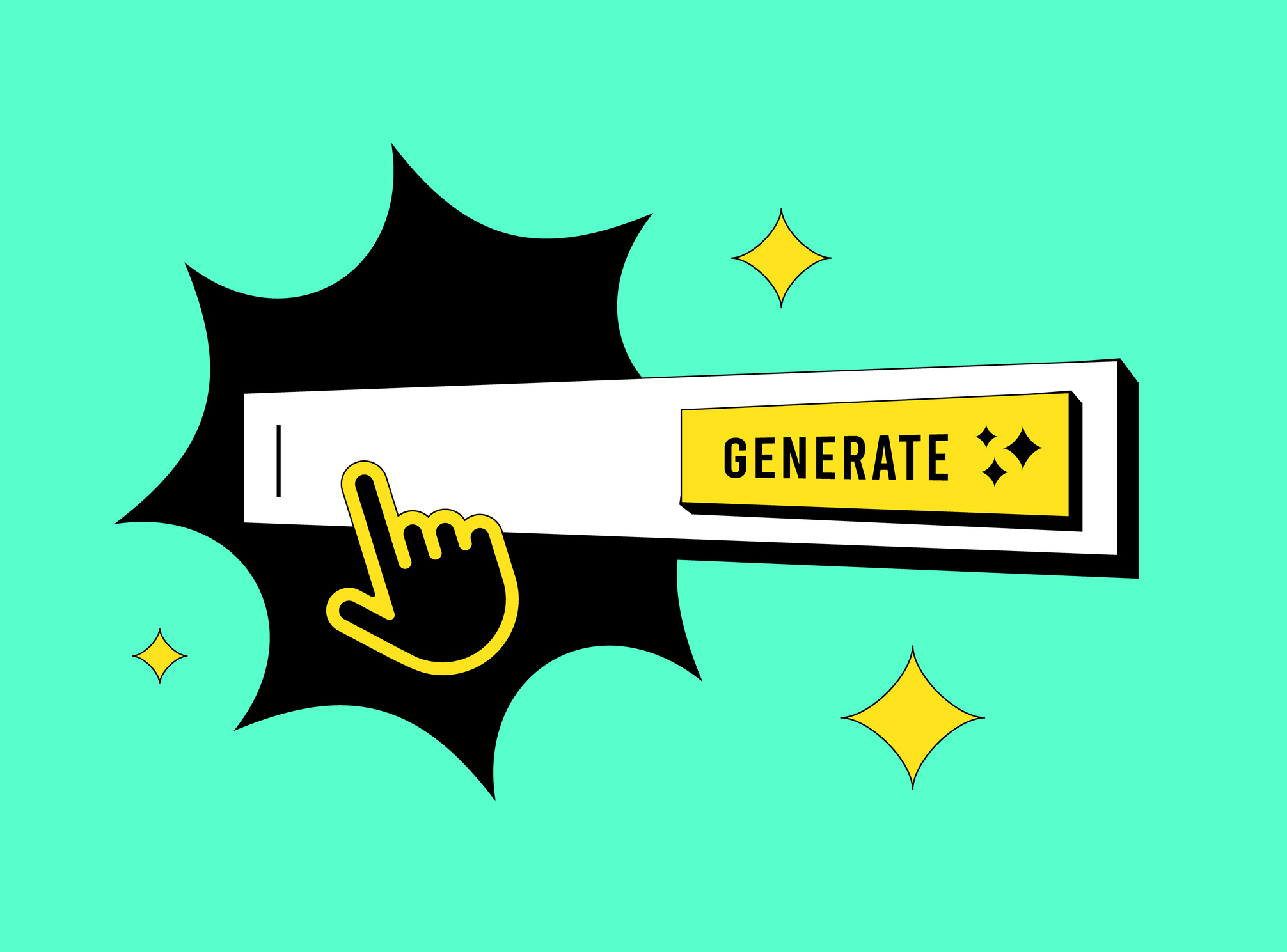Thursday Jul.14, 2022
👛 June inflation gloom
Crying over ’flated milk (Stefani Reynolds/AFP via Getty Images)
Hey Snackers,
Succulents are sooo 2021: this company wants you to grow your own plant-based sausages.
Stocks dipped yesterday after June's rough inflation numbers, which were even worse than expected. About that…
Gulp
June’s bummer inflation report highlights the American pinch, but experts hope the worst is over
Price-a-Roni… the super-costly treat. June inflation numbers are turning heads. US consumer prices spiked 9.1% last month from June of last year — the fastest pace of inflation since 1981, and worse than economists expected. It's not just gas prices that have Americans couch-cushion-diving for spare change:
- Fettu-spendy: Staples like rice, pasta, and cornmeal were up 14% year over year.
- Flossy: Dental care shot up nearly 2% month over month, the largest monthly bump ever.
- Fleeced: Rent prices jumped 0.8% from May to June, the largest monthly spike since 1986.
- Air pain: Airfare dropped 1.8% for the month, but was up 34% year over year.
Tell me somethin’ I don’t know… Americans have been feeling the squeeze for a while, but June’s #s are a big blow to already fraying wallets. Wage hikes aren’t keeping up: inflation-adjusted incomes were down 1% over the month. For many, there's not much budget wiggle room: people are eating into their savings and racking up debt to keep up with bills.
Inflation has some stubborn spots… Americans are getting tired of hearing “inflation may have peaked,” especially after last month’s report. But this month, prices for inflation drivers like gas, corn, and metals have been falling. Still, stubborn staples like groceries aren’t showing many signs of easing. Now the Fed might raise interest rates by as much as 1 percentage point — up from previous expectations of a 0.75 hike.
Biscoff
Delta posted its biggest profit since the pandemic began as the travel-pocalypse boosts it bottom line
Dustin’ off the passport… and savin’ the free peanuts. Delta flew home a $735M profit last quarter, the biggest since the pandemic began. Packed planes, ludicrous fares, and Delta's oil refinery drove sales up 10% from 2019 — surpassing pre-pandemic levels for the first time. But investors weren’t impressed: Delta shares fell 5% yesterday, and United and American dropped ahead of their reports next week. Still, things are looking up:
- Corporate comeback: Delta's lucrative US business travel recovered to 80% of pre-pandemic levels, and it expects an even bigger corporate rebound this fall.
- Vacation vengeance: More than half of Americans planned to book a summer vacay, even with ticket prices up 35% from last year.
3-hour flight… 8-hour layover. It's been a tumultuous summer for fliers as they battle hours-long TSA lines and endless delays and cancellations. Airlines took on packed flight schedules to make up for years of slowing revenue. But instead, fuel costs and labor have led to more canceled flights so far this year than all of 2021. Now Delta’s slowing flight growth to avoid more disruptions.
- Flight fatigue: Delta pilots have been on strike after working more overtime than in 2018 and 2019 combined. Now Delta’s spending an extra $700M to stay staffed up.
Travel-pocalypse hasn’t hit the bottom line… it may’ve even helped. You’d think all the delay and cancellation headaches would hurt airlines, but they’re just driving up seat prices. Case in point: American (the world’s largest airline) predicted a 12% jump in June revenue from three years ago. Airlines could return to full profitability next year.
What else we’re Snackin’
- SPAC: Billionaire Bill Ackman is shutting down his special purpose acquisition company after it never acquired a company (a SPAC without an AC). Ackman says he’ll return the $4B he raised from investors.
- Frap: Starbucks is closing 16 stores by month’s end and has closed 424 so far this year. Execs say it's because of safety concerns, but unionizing workers say it’s retaliation against organizing efforts.
- Lockdown: Shanghai’s 25M residents may get locked down again after officials identified 400 new Covid cases. The financial hub recently ended a two-month lockdown as part of China’s zero-Covid strategy.
- Ad-friendly: Netflix is working with Microsoft to build ads for its cheaper-tier option. Microsoft's ad biz isn't as popular as rivals (like: Google) but it's one of the few tech giants without streaming ties.
- Drop: Scammers reportedly stole $8M worth of crypto running a bogus “free” token giveaway. Crypto criminals made over $3B last year, 6X as much as in 2020.
Thursday
- Jobless claims
- Earnings expected from JPMorgan Chase, Morgan Stanley, First Republic Bank, Taiwan Semiconductor, and Cintas
Authors of this Snacks own: shares of Google, Microsoft, Starbucks, Amazon, Netflix, and Delta
ID: 2292116
.png)
